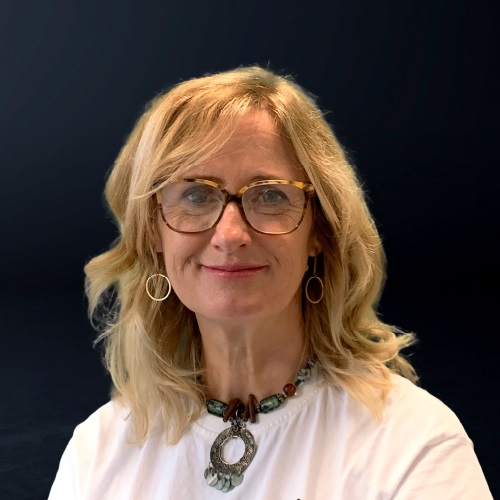“Knowledge valorisation is part of the PRO’s mission and responsibility and, as such, it should not be left to the responsibility of individual researchers. “ ASTP Board shares the pitfalls of new EIC grant conditions and offers alternative solutions to the challenges facing knowledge valorisation.
ASTP expresses concerns about the provisions included in the Horizon Europe Grant Agreement[1] according to which EIC Inventors are granted royalty-free access rights for exploitation purposes.
It is understood that the rationale for including such provision is to enhance valorisation opportunities by offering an additional tool (direct exploitation by academics) besides what is usually offered by Technology Transfer Offices (TTO) which, in some countries/areas, are not performing well.
However, ASTP’s 20-year long experience in knowledge transfer (KT) shows that transferring knowledge and technologies is a complex task, requiring professional skills and dedicated resources (IP management and exploitation, partnership building and contracting, strategy and business insight, entrepreneurship leading, governance and project management[2]). Knowledge transfer also requires a close collaboration between scientists and KT-expert support services, and there is no evidence that researchers acting at an individual level are better positioned to successfully exploit their research results.
Moreover, such provisions may be in conflict with institutional policies and regulations rules and/or national and regional laws. For example, there are many university policies that are in conflict with “royalty-free access rights” and even if this would be beneficial for certain scenarios, a general rule would need careful consideration. It would be valuable to get an understanding of the European landscape and its possible consequences before this proposed new EIC principle is put in use.
The EU is encouraging organisations to set up start-up and scale-up companies, and most of the time an exclusive license is needed before substantial venture capital will step in. If the access rights are divided over multiple stakeholders, it makes the process more complex and can discourage investors to step in.
The above-mentioned provision in the Grant Agreement applies unless the beneficiary (i.e. the grant-holding institution) provides support to the EIC inventor to exploit the results and/or unless the beneficiary considers that such exploitation would negatively affect its own exploitation. However, additional clarity is needed around what is meant by “beneficiaries support exploitation” and “exploitation negatively affects beneficiaries’ exploitation”. The lack of clarity generates uncertainty, also in the relationship with potential investors, which might negatively affect the exploitation of research results.
Finally, in situations where the TTOs are not strong enough to support research valorisation, the solution is not to allow direct exploitation by academics but rather to invest in capacity-building actions for TTOs, to make sure that they have enough resources and adequate skills to provide support to researchers and to contribute to the university’s third mission. On a case-by-case basis, a quick solution could be financing of KT consultancy services for the publicly funded organisations that lack the capacity for support. Capacity-building could also be based on mid-term mentoring or one-off support by more experienced TTOs from the European network of TTOs (a matching service proposed by ASTP to its community). In fact, knowledge valorisation is part of the PRO’s mission and responsibility and, as such, it should not be left to the responsibility of individual researchers.
[1] https://ec.europa.eu/info/funding-tenders/opportunities/docs/2021-2027/common/agr-contr/general-mga_horizon-euratom_en.pdf see page 124
[2] See www.attp.global and the Registered Technology Transfer Professional (RTTP) designation, the international professional standard for knowledge transfer and commercialization practitioners working in universities, industry and government labs
Download a PDF version of the statement here



